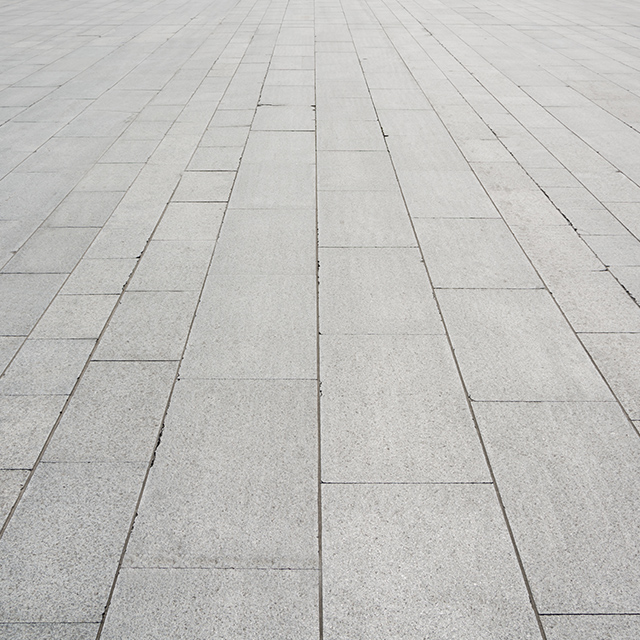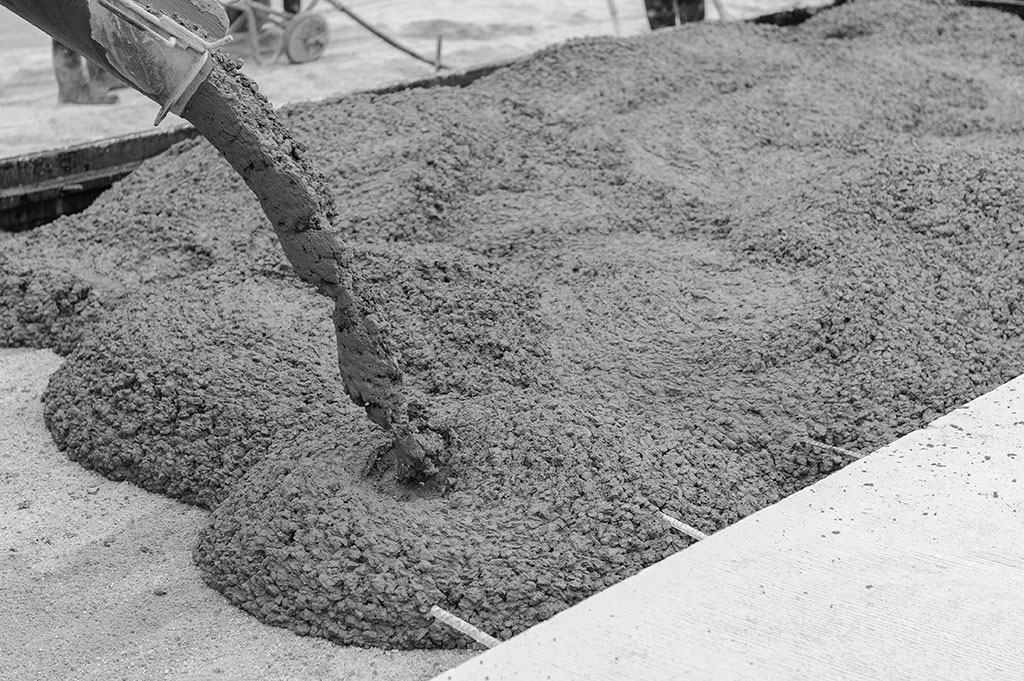Introducing the Eco-Friendly Advantages of Utilizing Recycled Concrete in Lasting Construction Practices
In the realm of sustainable building and construction techniques, the application of recycled concrete stands as a critical yet typically undervalued resource. Beyond its conventional applications, recycled concrete offers a myriad of environmentally friendly advantages that prolong much past the boundaries of standard construction materials. From reducing ecological effect to improving cost-efficiency, the ramifications of incorporating recycled concrete in sustainable building techniques are considerable. This flexible material not just addresses pressing ecological worries however also offers a feasible service to the challenges encountered by the building sector at big.
Environmental Advantages
By incorporating recycled concrete right into building practices, there is a significant reduction in the demand for new raw materials, leading to preservation of natural sources. Additionally, the usage of recycled concrete reduces the amount of waste being sent out to land fills, thereby decreasing ecological contamination and alleviating the stress on landfill capabilities (Concrete).

In addition, the manufacturing of typical concrete is a substantial resource of carbon discharges because of the energy-intensive procedure of cement manufacturing. In contrast, recycled concrete has a lower carbon impact as it minimizes the demand for new concrete manufacturing. This decline in carbon exhausts adds to mitigating climate adjustment and sustains sustainable construction techniques. Generally, the environmental benefits of making use of recycled concrete are considerable and play a vital function in advertising green building and construction techniques.
Cost-Efficiency
Attaining cost-efficiency is a critical factor to consider when analyzing the usage of recycled concrete in building tasks. One of the vital advantages of using recycled concrete is its cost-effectiveness compared to conventional concrete.
In addition, making use of recycled concrete can lead to savings in garbage dump expenses by diverting concrete waste from disposal sites. This not only minimizes the ecological effect yet additionally removes the prices associated with waste removal. Moreover, the durability and performance of recycled concrete approach conventional concrete, guaranteeing that expense financial savings do not compromise the quality of the building.
Durability and Stamina
Thinking about the substantial cost-efficiency benefits of utilizing recycled concrete, it is imperative to analyze its toughness and stamina in building applications. Recycled concrete deals similar, if not premium, longevity and stamina properties to standard concrete. With advancements in handling techniques and quality assurance, recycled concrete can satisfy or exceed the efficiency standards of standard concrete. The process of reusing concrete includes squashing, sorting, and evaluating old concrete to create accumulations that can be utilized in brand-new building and construction jobs. These recycled accumulations can offering satisfactory compressive toughness, sturdiness, and long-term efficiency.

Waste Reduction
When it comes to making use of recycled concrete, waste reduction is an essential advantage that contributes considerably to environmental preservation. By integrating recycled concrete into building tasks, this waste is repurposed and drawn away from land fills, lowering the total ecological impact of building and construction tasks.
Recycled concrete not just assists in reducing the amount of waste that winds up in land fills however also conserves all-natural resources by decreasing the demand for brand-new accumulated materials. This process of waste decrease promotes a round economic climate within the building sector, where products are reused and recycled to develop an extra sustainable industry. In addition, using recycled concrete can cause cost savings for building and construction tasks, as it is usually extra budget-friendly than sourcing and moving new materials. Finally, waste decrease with the utilization of recycled concrete is an essential element of sustainable construction techniques that profits both the building and the atmosphere industry as a Clicking Here whole.
Power Conservation
Energy conservation is a crucial aspect of sustainable building and construction practices, intending to lower the general power intake connected with structure operations and materials production. Significant energy cost savings are accomplished compared to typical concrete manufacturing when it comes to making use of recycled concrete in building and construction. The procedure of find out generating recycled concrete entails recycling and squashing existing concrete products, which takes in less energy than mining, processing, and carrying raw materials for new concrete production. Additionally, using recycled concrete can help decrease the need for virgin accumulation, more reducing the energy-intensive extraction and processing of natural deposits.
Final Thought
To conclude, the usage of recycled concrete in sustainable building and construction methods provides numerous ecological benefits, cost-efficiency, toughness, stamina, waste reduction, and power preservation. By integrating recycled concrete right into construction tasks, we can add to a much more ecologically pleasant and sustainable future. It is important for the building and construction market to focus on using recycled products to assist reduce the ecological impact of building activities.
One of the crucial advantages of utilizing recycled concrete is its cost-effectiveness contrasted to standard concrete.Moreover, the use of recycled click now concrete can lead to savings in landfill prices by diverting concrete waste from disposal sites. The durability and efficiency of recycled concrete are equivalent to traditional concrete, making certain that cost financial savings do not endanger the quality of the building.
